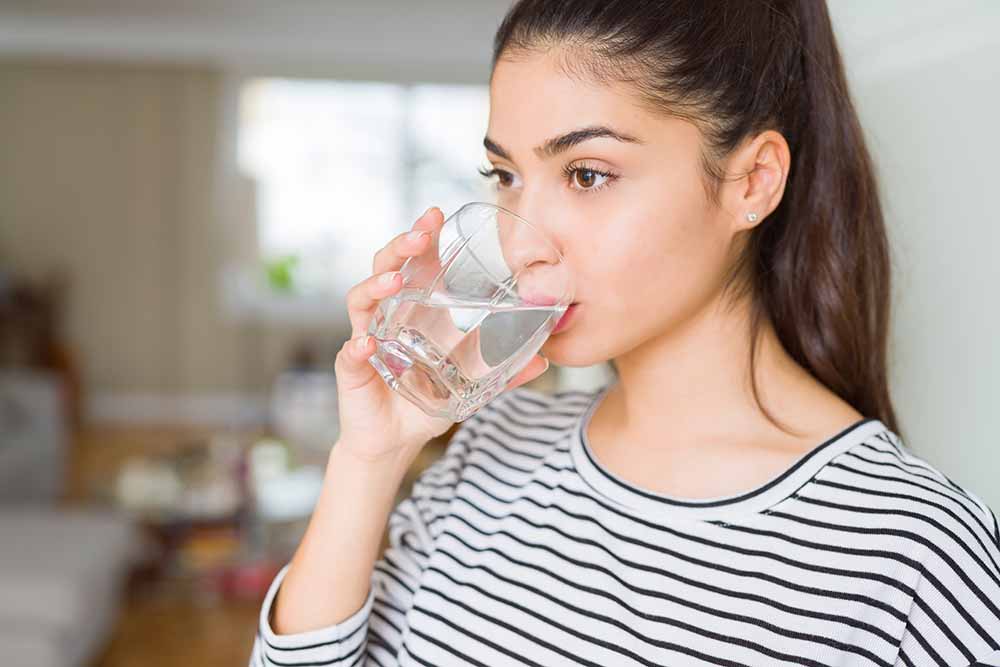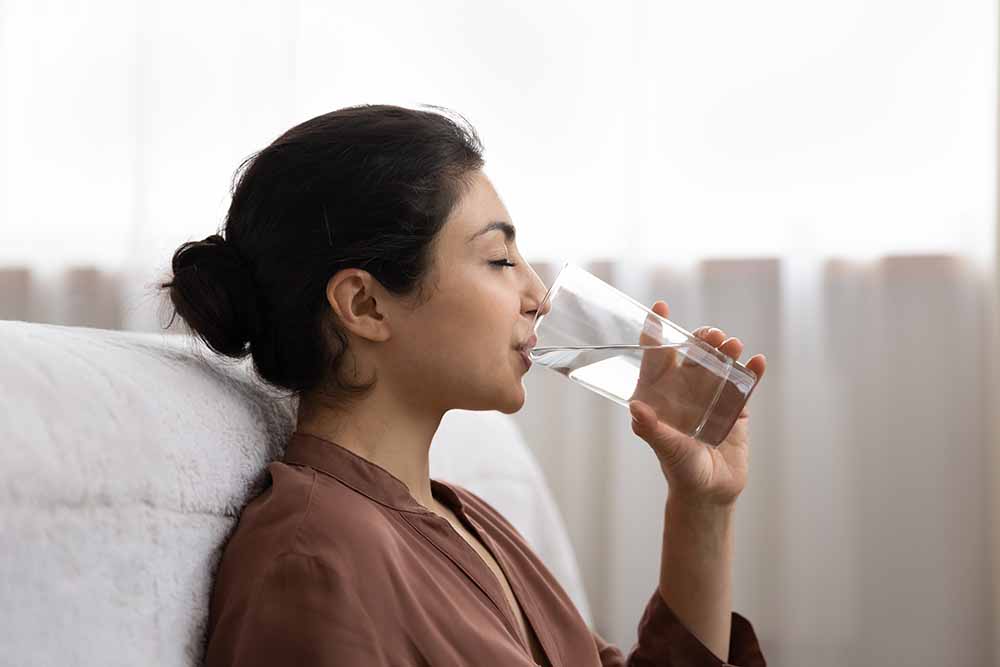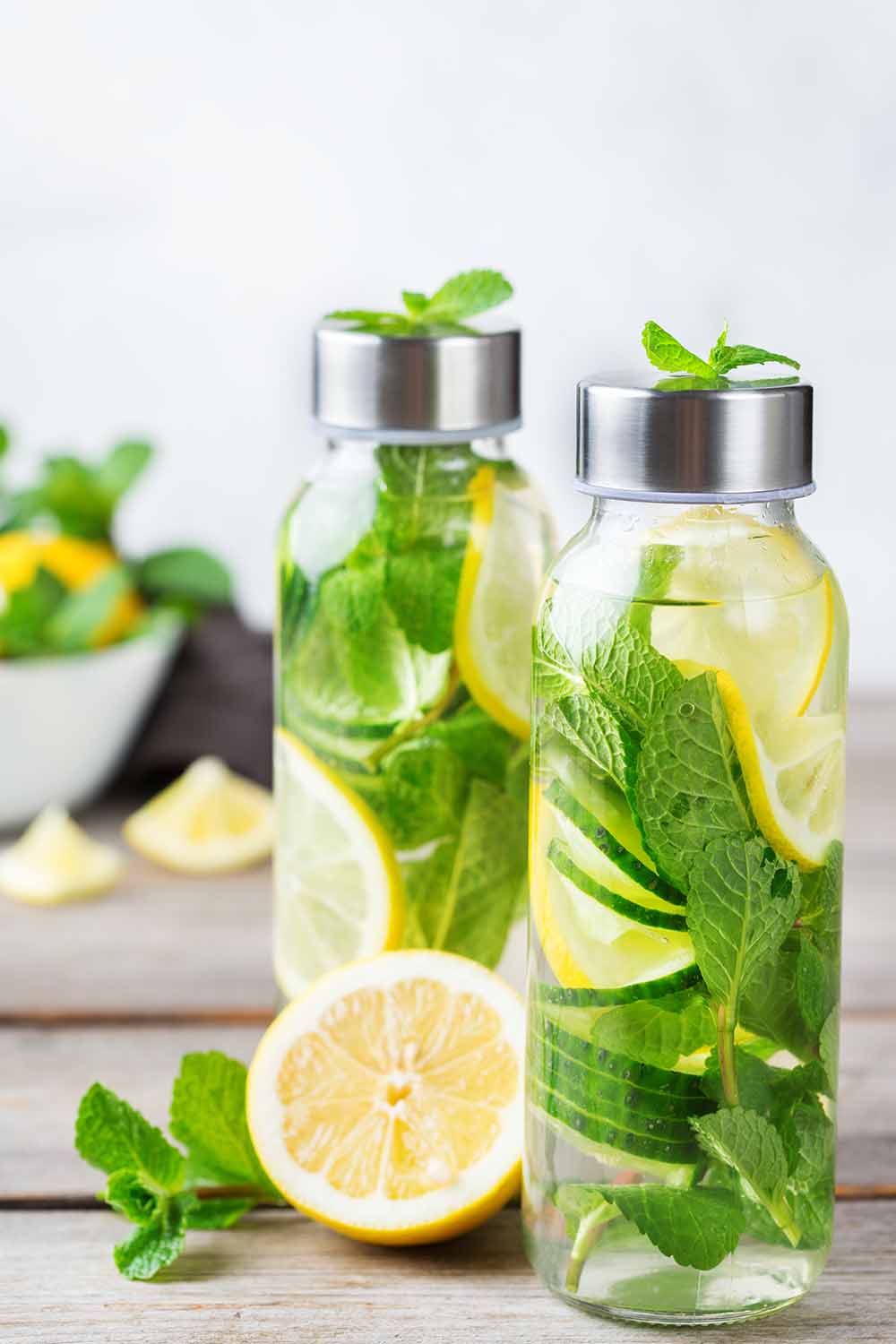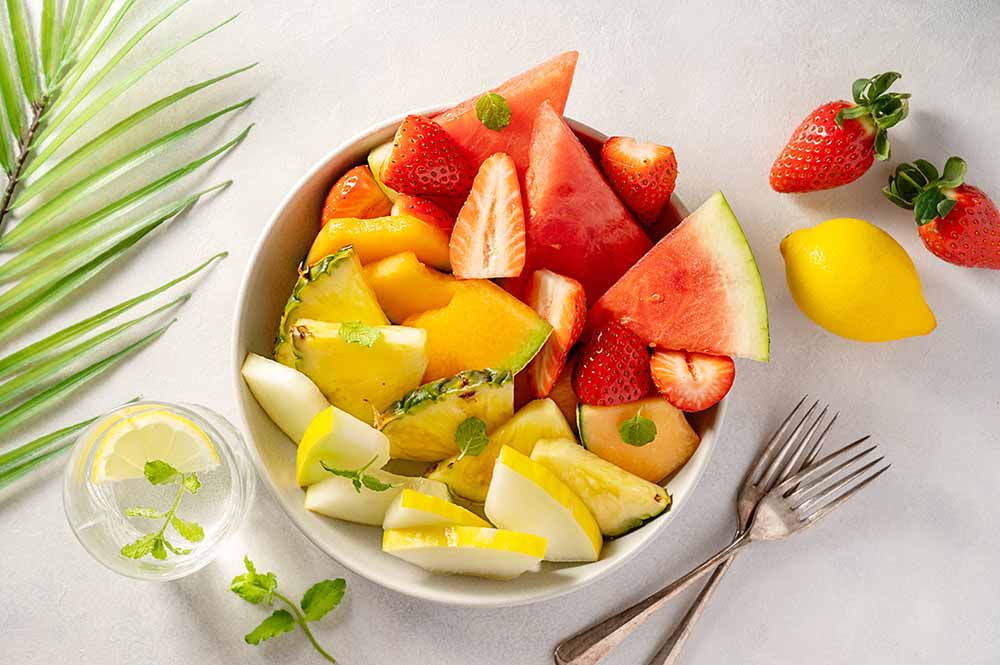It’s never too late to get back on track and position yourself to benefit from the health advantages of keeping hydrated, even if you’ve fallen behind in your habits (or you never gulped down a tonne of water in the first place). Since our bodies are composed of approximately 60 per cent water, even a small amount of dehydration can have an adverse effect on our functioning, ranging from immunity to digestion and energy levels. Maintaining hydration can also help your body absorb nutrients more effectively and maintain a healthy digestive tract.

Keeping oneself has several health benefits such as drinking enough water promotes regular bowel movements by aiding in the breakdown of meals and maintaining a soft stool. Taking additional drinks is beneficial if you’re not drinking enough. For example, according to a review that was published in August 2018 in Skin Research and Technology, consuming more water has been demonstrated to enhance the skin’s outer layer moisture. Think about the psychological boost as well: a 2015 study found that even modest dehydration is associated with increased fatigue, decreased alertness, and depressed mood. Furthermore, research suggests that increasing H2O intake can aid in weight loss, body fat reduction, and obesity in adults, according to a review that was published in Nutrients in January 2019.
It is commonly advised that one should consume six to eight glasses of water every day. That’s a realistic objective. To stay hydrated, though, different people require different quantities of water. The majority of healthy individuals may maintain proper hydration by consuming liquids whenever they feel thirsty, such as water. In certain cases, less than eight glasses might be sufficient. There may be those who require more.
For remaining hydrated, water is ideal, but other foods and beverages can also be beneficial. Water is present in soup broths, fruits, and vegetables (such as watermelon, tomatoes, and lettuce). Drinking milk, herbal teas, and fruit and vegetable juices increases the amount of water you should consume daily. Just remember to keep calorie-dense sugary drinks to a minimum.
Here are 6 ways to keep yourself hydrated -

Don’t wait to get thirsty: You’re already a little bit dehydrated when you experience thirst. When the weather is hot, especially if you’re active, drink more fluids than normal and sip water consistently throughout the day.

Add flavor to water: If you find plain water dull, you can flavour it with a splash of fruit juice or some fresh fruit. You can also have ice pops, sports drinks, or clear broths (particularly if you’re exercising hard). Just watch how much alcohol and caffeine you consume.

Consume fruits and veggies high in water content: Some fruits and vegetables are high in water content together with beneficial nutrients. Fruits high in water content include watermelon, strawberries, cantaloupe, peaches, and pineapples. Cucumbers, leafy greens, radishes, celery, zucchini and tomatoes are among the vegetables high in water content.
When it becomes too hot, stay indoors: Steer clear of the sun, especially between 10 am and 2 pm when the rays are at their highest. Schedule outdoor activities during the early hours of the day or night.

Consider the weather when dressing: Don airy, loose-fitting garments that allow your skin to breathe. Choose brighter hues instead than darker ones since they absorb heat. When exposed to the sun, protect your head with a wide-brimmed hat and apply lots of sunscreen to prevent sunburn, which can raise your skin’s temperature and make it more difficult to stay cool.
Watch out for signs of dehydration: Keep an eye on how much water is being consumed by family members, especially if somebody is ill and important for young children and the elderly. If anybody is suffering from diarrhoea, vomiting, or a fever should stay well hydrated.
Dehydration symptoms
Keep an eye out for any of these signs of dehydration in children or adults:
Urine colour darker-than-usual
Not urinating despite steadily drinking water
Muscle cramps
Bad breath
Fatigue
Fever or chills
Craving sweets
Dry mouth/skin
Fast heartbeat
Irritability
Confusion
Drowsiness
Keep in mind that every day, you lose water through perspiration, breathing, and bathroom breaks. When it’s hot outside, you lose water even more quickly, as does exercising or having a fever. Make sure you actively consume a lot of water to prevent dehydration.
Questions to ask your doctor in case of recurring dehydration
I don’t like water. What’s the best way to keep myself hydrated?
What can I add in water to make it taste better?
What happens if I’m unable to drink the recommended amount of fluids?
If I drink a lot of water yet don’t urinate frequently, what does that mean?
What impact does alcohol have on hydration?
Do any of the medications I take make me more prone to dehydration?